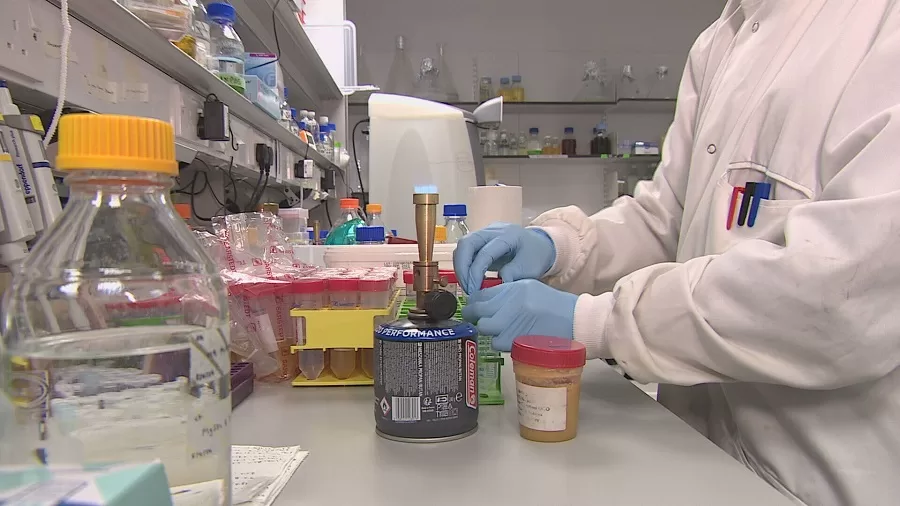Science & Environment
Turning Fatbergs into Fragrance: A New Era of Sustainable Waste Management

- Fatbergs have always been a menace to sewers, and at the University of Edinburgh, researchers create a refreshing scent with them.
- This magic cures the disaster of dirty water, shower bases, and drains blocked by blockages in sewers, leaving a scented sensation behind.
An unconventional measure produced by a team of UK scientists who reach an innovative point includes fatbergs, the most disgusting by-product of urban life, which is transformed sometimes into something interesting. Researchers based at UK universities have engineered an ingenious material that can be integrated with desirable fragrant compounds used for perfumes as well as shampoos assorted into recreations of the act of using fatbergs: fatbergs.
It costs too much for a start, with the labour-intensive effort normally included in mechanically driven processes that have to pulverise the congealed fatbergs. Such extensive parts are composed of fats and non-biodegradable materials like wet wipes, blocking almost completely the sewer systems, causing drains to overflow and possible water contamination. Finding them in abundance even after getting used to the scale and magnitude makes them the common treasure cities, with causes even increasing in size to that of a bus. Traditional solutions to fatbergs could be through incineration or landfilling, which is expensive and not environmentally conducive.
Then again, our research has shown how we will be proposing to overthrow the Fatbergs treatment ways altogether, Professor Stephen Wallace at the University of Edinburgh and his teaming staff? They would choose to add some of the fats from these whale-like blockages in sewers, introducing them to genetically enhanced bacteria—some of the United Crop DNA—from plants. This would convert these fats into aromatic compounds that could then be integrated with a vast array of cosmetics. These bacteria “digest” the fats, transforming them into useful molecules that are used in sweet-smelling fragrances, perfumes, and shampoos.
Further making the transformation even more incredible, however, is that the end product, the fragrance compound itself, is not accompanied by disturbing odours commonly associated with fatbergs. Instead, the conversion from a greasy, dirty substance into a clean, sweet-smelling compound highlights in a striking manner the potential of biotechnological processes. Tallied, it turns garbage into something that is or is capable of converting into valuable material. In the actual scenario, instead of discarding waste or having it burnt, one can upcycle waste. A sustainable product is produced from what has previously been raw material.
The startup is currently the proposed new beginning of what everyone abbreviates as the “fourth industrial revolution,” propelled by biotech sustainability. The magic is done by taking foul-smelling fatbergs and changing them into perfume, thereby using bioengineering in high-quality critical areas to solve issues related to environmental disasters at present. The course has a lot of scope—not just for urban waste management, but also for creating truly sustainable alternatives to some of the petroleum-based products that are heavily used in the fragrance and cosmetic industries.
This project, however, is a valuable touchstone in terms of innovation in escalating fermenter design paradigm development. Now, also concerning the further development of research, the research is looking to work its way through large-scale commercial production of fatberg-derived perfumes, shampoos, and even more products. The issue, however, is scaling up the technology since it is in its early stage of development. Nonetheless, this project aims above. Waste is no longer a problem for society but a resource that will take advantage of innovative and eco-friendly solutions.
The indicated new process identifies how industrial and scientific innovations change waste into money. On top of that, it highlights the prevailing trend of bio-based solutions for substituting traditional oil-based products, as it reduces our dependence on fossil fuels and alleviates the hazardous effects of waste disposal. In every corner of the world, cities are besieged with trickle-down issues that have graduated into waste and environmental constraints, while this groundbreaking approach could bring in the dawn of a completely new industrial development based on upcycling and waste-for-resource technologies.


















































